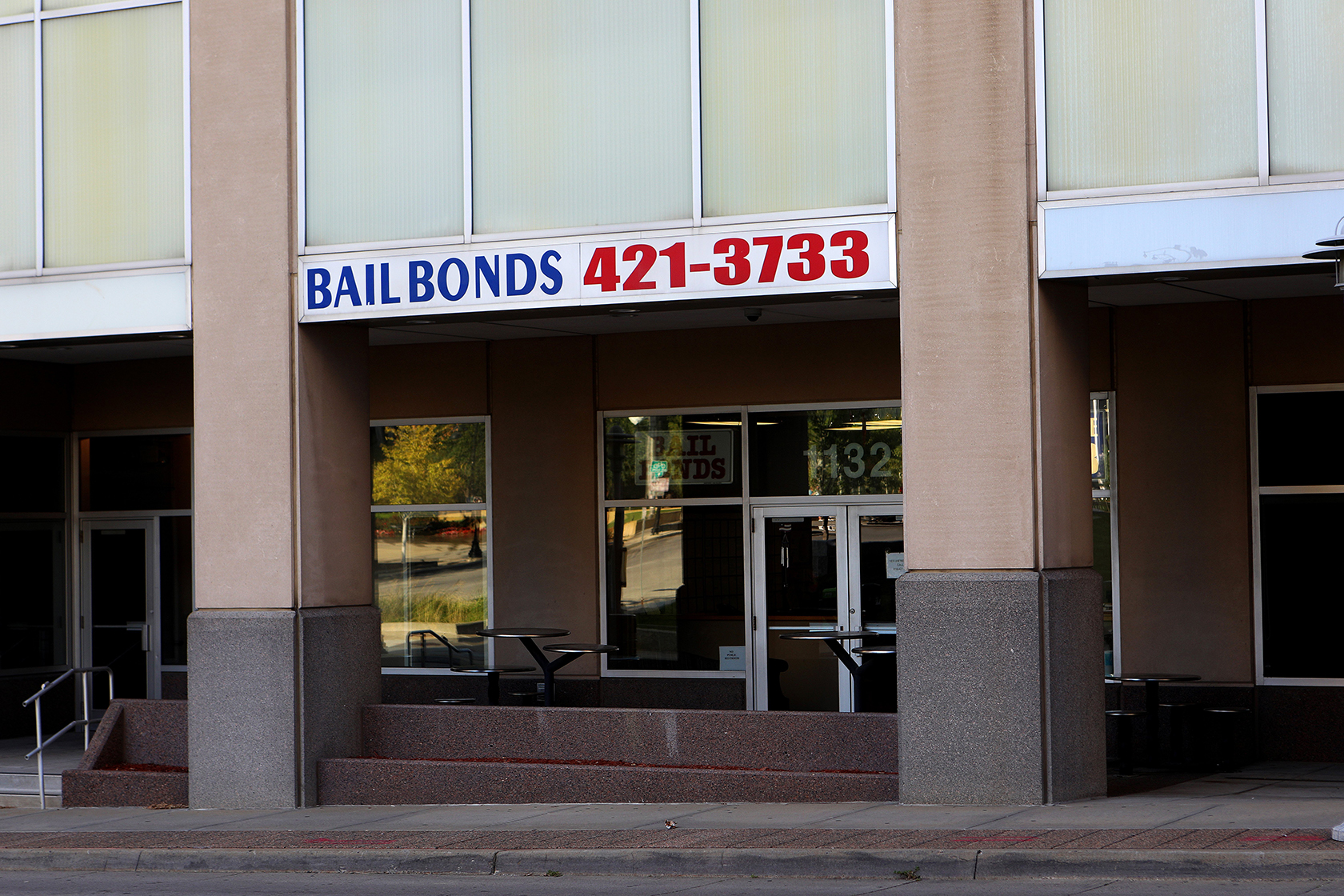Cost Effective Bail Bonds: Assisting You Get Back on Your Feet
Cost Effective Bail Bonds: Assisting You Get Back on Your Feet
Blog Article
How Bail Bonds Work: A Comprehensive Summary
Bail bonds play a critical function in the criminal justice system, providing individuals with the possibility to safeguard their launch from guardianship while awaiting test. The procedure includes several vital elements, consisting of the function of bail bondsmensman, numerous types of bail bonds, and the connected fees and costs. Understanding these components is vital for anybody navigating the intricacies of bail. The complexities of just how bail bonds feature and the effects they bring call for a closer assessment, revealing nuances that can considerably affect defendants and their households.
What Is a Bond Bond?
A bail bond is a monetary arrangement that permits a charged individual to safeguard their release from guardianship while waiting for trial. Essentially, it functions as a guarantee to the court that the accused will certainly stand for all arranged hearings and follow any type of problems establish forth by the court. The bail amount is figured out by the court based upon different factors, including the severity of the alleged criminal offense, the defendant's prior criminal document, and the likelihood of trip danger.
When a bail bond is published, the bonding agent commonly bills a non-refundable charge, typically around 10% of the total bail amount. This fee makes up the bonding company for their solution and the threat they undertake. If the offender stops working to appear in court, the bail bond might be surrendered, and the bail bondsmansman can seek restitution from the offender or their co-signer.
The Function of Bail Bondsmen
Comprehending the function of bail bondsmensman is vital for navigating the bail procedure effectively. Bail bail bondsmanssman function as intermediaries in between the court and individuals looking for release from guardianship. Their main feature is to give financial help to offenders who can not manage the full bail amount established by the court.
When an accused comes close to a bond bondsman, they typically pay a non-refundable cost, normally a percent of the complete bail amount, for the bail bondsman covering the remaining amount. This fee shows the risk the bail bondsman embarks on, as they end up being responsible for making certain the offender shows up in court. If the offender fails to appear, the bail bondsman might look for to recoup the bail amount, frequently with legal means.
Bail bail bondsmansman also use guidance throughout the bail process, assisting offenders and their families in recognizing their commitments and rights. They work carefully with attorneys and legislation enforcement, guaranteeing compliance with court demands. Inevitably, bail bondsmensman play a vital duty in assisting in the launch of offenders, allowing them to prepare for their lawful proceedings outside of incarceration while also handling the economic risks connected with bail.
Types of Bail Bonds
Bail bonds been available in different types, each dealing with different circumstances and requires within the legal system. Bondsman. The most common type is a cash bail bond, where the complete bail quantity is paid in advance in cash money to the court. This option is frequently favored for its straightforwardness, as it causes the return of funds upon the offender's conformity with court appearances

Furthermore, there are building bonds, where a piece of property is used as security to safeguard the bail quantity. This choice can be useful for homeowner however entails significant legal intricacies.
Last but not least, specialty bonds exist for specific scenarios, such as immigration bonds for non-citizens or federal bonds for federal offenses. Each type of bail bond serves unique functions, permitting offenders and their families to navigate the legal system successfully while making certain compliance with court mandates.
Costs and Fees Included
Generally, a bail bond firm charges a non-refundable charge, often set at around 10% to 15% of the complete bail quantity. If an accused's bail is view established at $10,000, the fee for the bail bond would certainly vary from $1,000 to $1,500.
Some bail bond companies may need security, which can include home, automobiles, or various other possessions. Specific jurisdictions might enforce added fees, such as court costs or administrative prices, which can add to the economic concern.
It is critical for accuseds and their family members to completely comprehend the malfunction of all prices entailed prior to safeguarding a bail bond. Clear interaction with the bail bond representative can aid mitigate unanticipated expenses and ensure a more informed decision concerning their economic commitments.

The Bail Refine Explained
Browsing the bail process can be intricate, calling for expertise of a number of essential steps included - Cheapest Bail Bonds. The primary step occurs after a person is arrested, throughout which a judge figures out the first bail quantity based on various elements, consisting of the nature of the criminal activity, flight risk, and prior criminal history
Once the bail amount is set, the apprehended individual or their agent can either pay the total in cash to the court or look for the support of a bond bondsman. If going with a bail bond, the specific commonly pays a non-refundable cost, normally around 10-15% of the overall bail quantity. The bail bondsmansman then publishes the complete bail with the court, securing the release of the individual.
After release, the individual must stick to the problems set forth by the court, which might consist of attending all arranged court appearances. Failing to do so might lead to the forfeiture of the bail, and the bail bondsmansman may act to recoup the funds. Understanding these steps is crucial for navigating the bail process effectively and guaranteeing conformity with lawful responsibilities.
Conclusion
In recap, bail bonds function as a critical mechanism within the judicial system, helping with the release of individuals from protection while ensuring compliance with court appearances. The participation of bail bondsmensman supplies an important solution, especially for those unable to manage the full bail quantity. Understanding the various kinds of bail bonds, go to website associated prices, and the general bail process is vital for individuals browsing the complexities of the legal system, ultimately promoting justness and availability in pre-trial procedures.

The most typical type is a cash money bail bond, where the full bail quantity is paid ahead of time in cash to the court. If an offender's bail is established at $10,000, the charge for the bail bond would vary from $1,000 to $1,500 (Bondsman). If opting for a bail bond, the private generally pays a non-refundable cost, typically around 10-15% of the complete bail quantity
Report this page